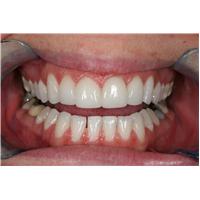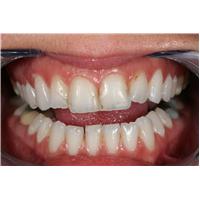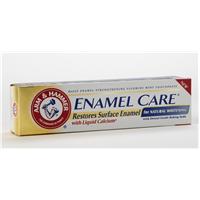
Londoners spend more on cosmetic dentistry than those living in other parts of the UK, according to a survey of 2000 people by Mintel for the British Academy of Cosmetic Dentistry.
The country was split into five regions- Scotland, Midland and Wales, North, South and London- and the survey examines the difference between each regions attitude towards smiles and oral health.
Regional Highlights:
Scots Show Off Their Smile, Shun Cosmetic Treatment
Only 14% of Scottish respondents conceal their smile in photographs, compared to the national average of18% of people hiding their teeth in photos.
Two-fifths (40%) of the Scottish population claim to always smile in photographs, compared to only one-third (32%) of the nation doing so.
Only a quarter (27%) of Scottish people are concerned with the look of their teeth, lower than the national average and the lowest among all regions
Only 29% of Scots feel people are judged by their smile, compared to 44% of Londoners
With Scots being the most likely to show off their smile, its not surprising they are the least likely to invest in aesthetic dental treatments: only 1/3 (35%), the lowest among all regions, believe cosmetic dentistry can improve their smiles.
The North Follows London Trends
Over a quarter (26%) of those in the North have had cosmetic dentistry, not far behind the 28% of Londoners who splurged on cosmetic dentistry procedures.
Almost half (47%) of Northerners feel that cosmetic dentistry can improve their smile, compared to only 35% of Scots (how does it compare with the national average?).
Midlands and Wales Want Better Smiles
Those from Midlands and Wales are most likely to conceal their teeth in photographs, with 20% of the population hiding their gnashers from the camera – compared to Scotland where only 14% conceal their teeth in photos and the rest of the country, which averages around 18%.
Therefore, its not surprising that only 27% of people living in Midlands and Wales will always smile in photographs, compare to the considerably higher national average of32%. Also the lowest percentage of people among all regions.
Those living in Midlands and Wales were the region most likely to believe a better smile begets more success in their life and career, with 28% claiming so.
Perhaps because of these concerns, people from the Midlands and the Welsh are most likely to visit the dentist regularly, with 55% of them doing so.
Londoners Love Cosmetic Dentistry
Londoners were the most likely to have cosmetic dentistry done, with a higher than average (28% vs. the average around the country, 24%) of them claiming to have done so.
Londoners were also more likely than average to request white fillings:17% of people in the area have chosen this form of treatment, which is much higher than the national average of12%. Veneers was the second most popular treatment among Londoners with 11% having the treatment done, also much more than the national average of only 8% of people having the treatment.
Coincidentally, Londoners were the most likely to believe that people are judged by their smile, with over two-fifths (44%) of London believing so.
The South Stick To The Natural Smile
Only one-fifth (20%) of southerners believe that people with an attractive smile are more confident, which is much less than Londoners (27%) and lowest among the entire country.
This can explain why less than one-fifth (18%) of those in the South have had cosmetic dentistry, much less than the national average (24%) and the least among all other regions
Dr David Bloom, Dentist and President of the BACD says:
The publics attitude towards smiles and oral health differs tremendously depending on the region. Those in London and the North are more open to the possibilities of cosmetic dentistry, while those in the South are happy with their natural smile. The most positive fact is that every region has at least 50% of people visiting the dentist regularly, which proves that the nation as a whole is aware of the benefits of improved oral health.
National highlights:
A third of the population (32%) say they are concerned by the look of their teeth
Approximately one fifth of people (18%) usually conceal their teeth in photos, including 19% of men and nearly a quarter of both 18-24 and 25-34 year-olds
Only one in four people agree with the statement I like my smile and would not change it, and in fact, less claim to always smile in photos than last year down to 20% from 27%
Over half of the representative sample now claims to visit their dentist regularly, a rise of 5% on last year(53% up from 48%)
Nearly 60% of women visit the dentist regularly, above average and significantly more than men do – only 46% of males visit the dentist regularly
Women are more inclined to believe a nice smile indicates a warm personality, whilst men consider it begets more success in life
Over a quarter (27%) continues to believes that cosmetic dentistry can improve quality of life
About the BACD
The British Academy of Cosmetic Dentistry is a not-for-profit, inclusive organisation for the advancement and ethical delivery of cosmetic dentistry, open to all dental professionals including dental technicians and hygienists. Their aim is to create a dynamic, active group of members from all areas of the dental team. The BACD, which has over 800 members, is affiliated with the American Academy of Cosmetic Dentistry, the world’s largest organisation for cosmetic dental professionals. For more information please visit www.bacd.com
Jennifer McGarrigle
Account Executive




